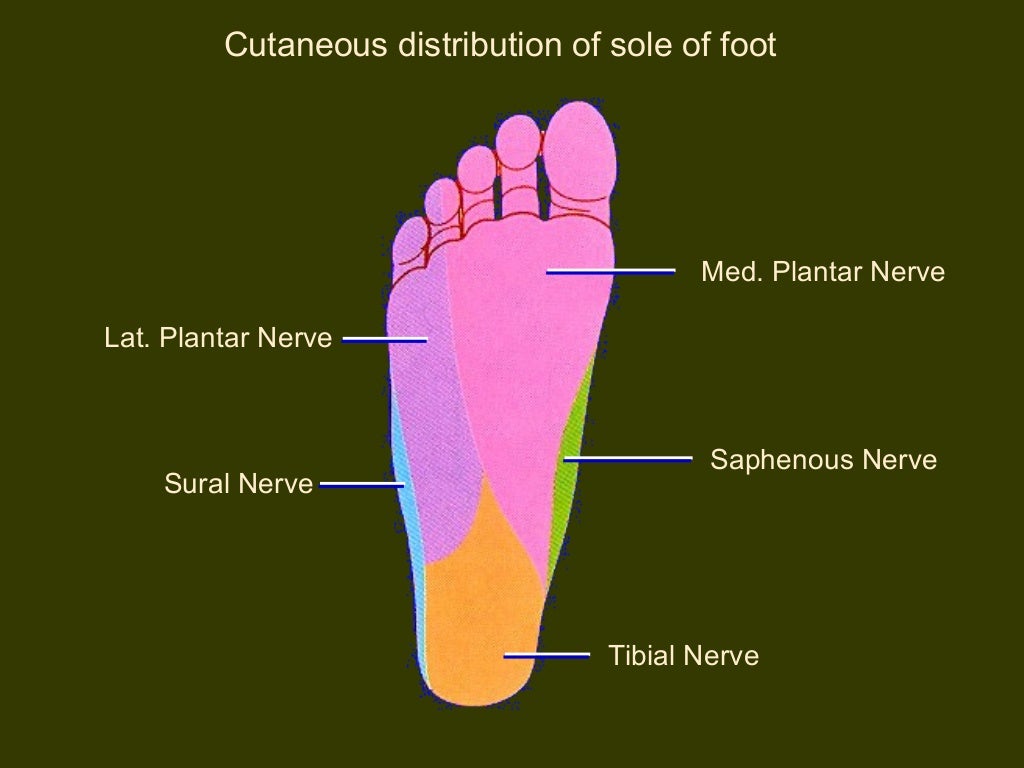
Reflexology may be beneficial as a treatment that occurs alongside other treatments for a condition, often referred to as a complementary treatment. However, this was a small study with limitations, so more research is needed to make any conclusions on reflexology for diabetes. Some improvement was seen in foot-ground time, which may have indications for improved mobility and preventing foot ulcers. It is unknown whether foot reflexology is beneficial for diabetes, but this is an ongoing area of research.Ī 2018 study found that 12 sessions of foot reflexology for people with diabetes had no effect on capillary blood glucose, feet tissue temperature, and plantar pressure. In the above-mentioned 2020 study on foot reflexology after kidney transplantation surgery, the group that received foot reflexology had significantly improved sleep quality. “Because reflexology is moving energy and improving overall circulation, it’s easy to have a restful night’s sleep after a treatment,” explains Martinez. “These pressure points help relax the tight muscles caused by looking at our screens all day.” Improved sleepĬonsidering reflexology may be beneficial in helping you relax and reduce stress, it’s no surprise that some say it may help promote a more restful night’s sleep. “Reflexology can help reverse some of the stress we put on our eyes just from our daily activities,” says Martinez.

More research is needed to understand any effects that foot reflexology might have on digestion. However, a 2017 study on foot reflexology for children with functional constipation found that reflexology had no effect on bowel movement frequency or consistency. “One of the reflex points found on your feet is connected to your stomach - when this particular point is stimulated, it will increase blood flow to your stomach, helping to improve digestion,” he says. Martinez notes that reflexology may help with digestion.

In a 2019 study, foot reflexology significantly reduced pain and anxiety among children with chronic pain.Ī 2018 survey study of military members with chronic pain found that after one session of foot reflexology, pain scores were reduced by 43% among males and 41% among females. There is also evidence to support the effectiveness of foot reflexology in reducing chronic pain. Similarly, a 2018 study found that foot reflexology significantly reduced pain after abdominal hysterectomy surgery, compared with a control group. A 2020 study found that foot reflexology significantly reduced pain after kidney transplantation surgery, compared with a control group. Perhaps related to its effects on stress and relaxation, foot reflexology may also help with managing both acute and chronic pain.įoot reflexology may help reduce pain after an operation.

According to the 2015 study, one session may interrupt the stress response, but multiple sessions are recommended for optimal benefits. If you try reflexology for stress management or relaxation, consider having multiple sessions. In the 2015 study mentioned above, the authors observe that a common benefit of reflexology may be reducing stress and inducing general relaxation.Īdditionally, the study notes reflexology may be one way to interrupt the pattern of repetitive lifestyle stress by “helping the body systems to return to their natural state.”Ī 2019 systematic review of reflexology in palliative care for advanced cancer found that reflexology, alongside other complementary therapies of aromatherapy and massage, enhanced well-being and offered people respite and escapism from their condition. When you feel less stress and less anxious, it’s easy to feel relaxed.” “Reflexology helps by increasing blood flow through the body, which helps to decrease stress and anxiety and lower blood pressure. “Relaxation is probably the biggest benefit ,” says Martinez. This is achieved by applying pressure to certain points on the feet. One of the key benefits associated with reflexology is relaxation and stress management.


 0 kommentar(er)
0 kommentar(er)
